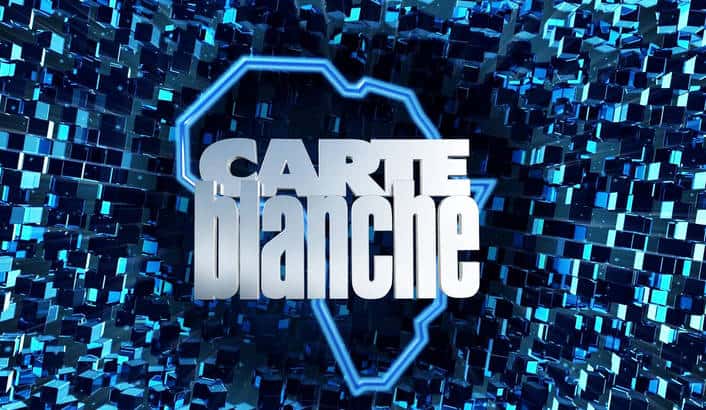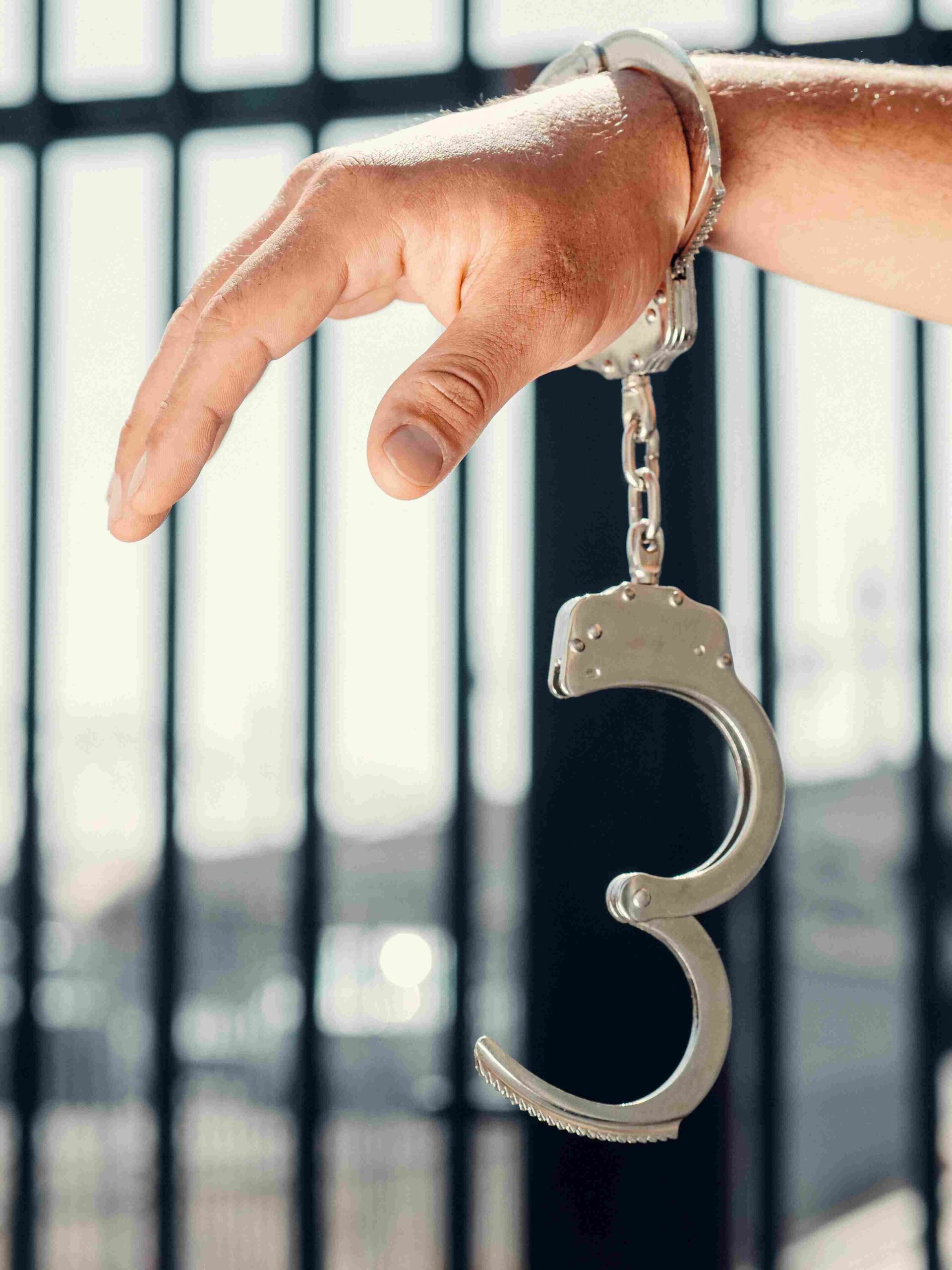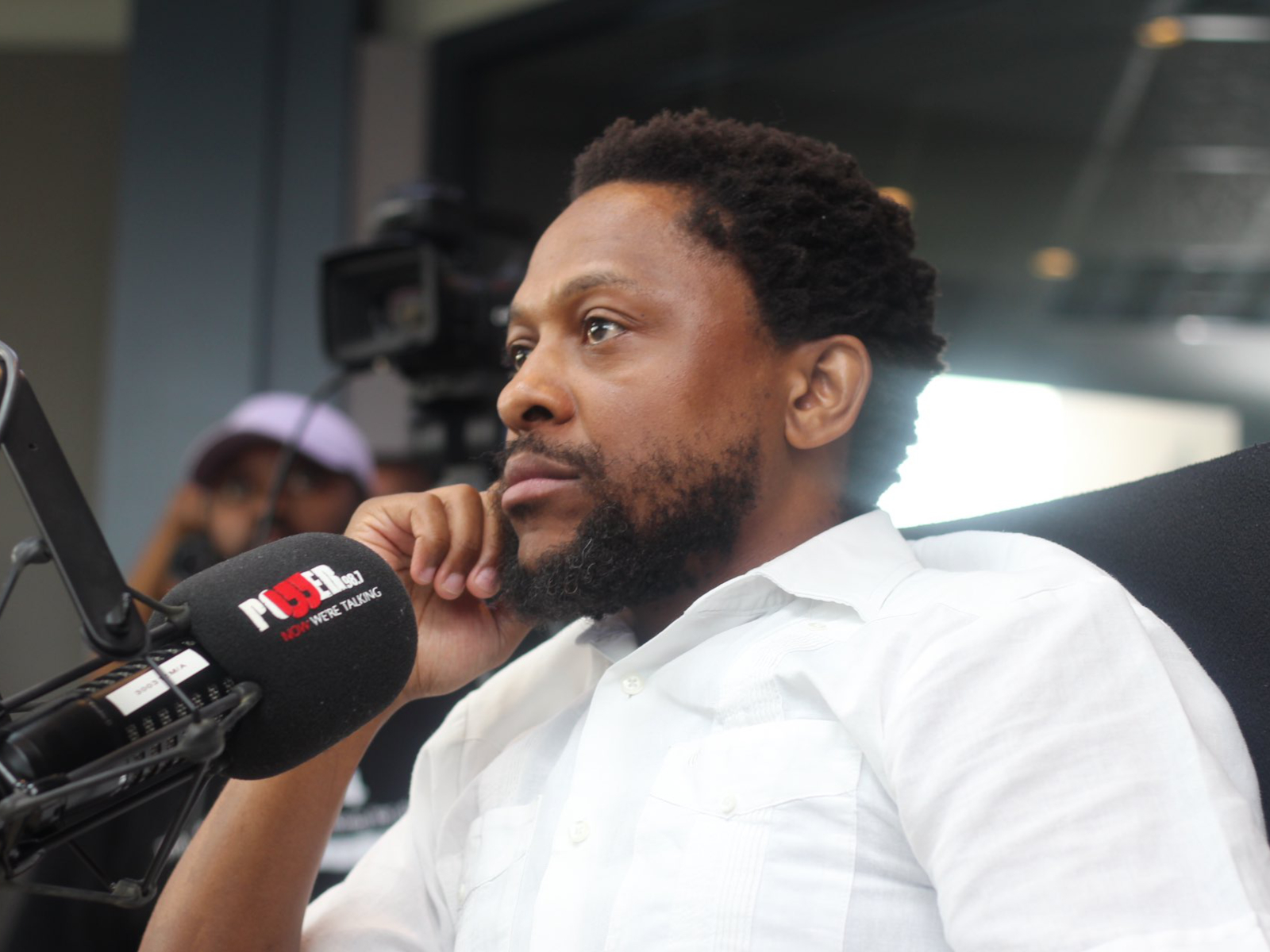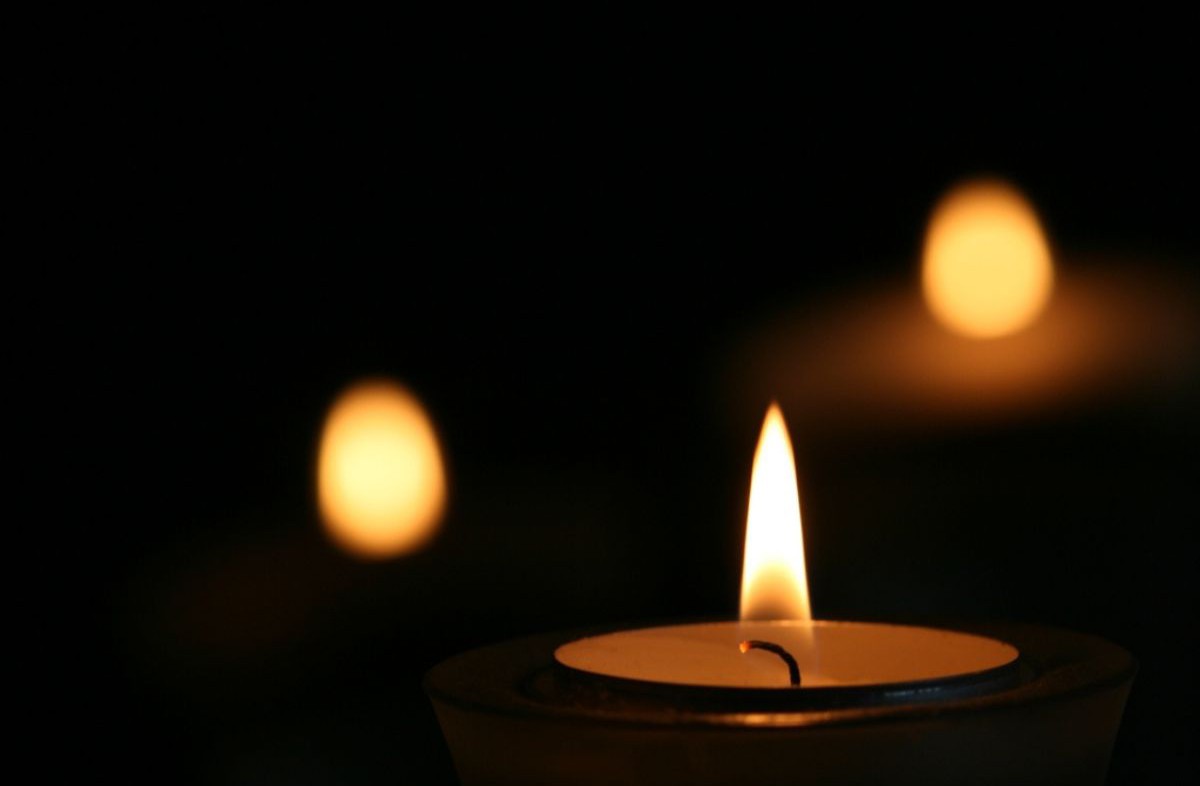
President Cyril Ramaphosa has signed the National Health Insurance Act (NHI) into law, promising universal healthcare for all South Africans. But not everyone is convinced. Critics say it’s financially unsustainable, legally flawed, and could destroy private healthcare. So, what’s the real deal with NHI?
What is the NHI?
The National Health Insurance (NHI) Act is the government’s ambitious plan to provide universal healthcare for all South Africans, regardless of income.�
The idea is simple: instead of individuals paying for medical aid, a central state-run fund will cover medical costs. This means:
- Access to both public and private healthcare providers through the NHI fund.
- No more out-of-pocket payments for essential medical services.
- A redistribution of resources—wealthier citizens will contribute more to fund healthcare for all.
Sounds good, right? Well, not everyone agrees.
Why is the NHI so Controversial?
1. No More Private Medical Aid for NHI-Covered Services
One of the biggest points of contention is that private medical aids won’t be allowed to cover treatments already funded by the NHI.�
Unlike the UK’s NHS, where people can still pay for private healthcare, the NHI aims to eliminate private schemes for services it covers. Critics argue this is unconstitutional and limits personal choice.
2. The Cost Problem – Can SA Afford It?
The government hasn’t specified how much the NHI will cost, but estimates range from R200 billion to over R1 trillion per year. Where will the money come from? The plan includes:
- General taxes
- Mandatory contributions from employed individuals (amounts still unclear)
- Monthly contributions from workers
With a struggling economy, high unemployment, and existing public service failures, critics fear NHI will become another poorly managed, cash-hungry government project.
3. Corruption Concerns
Opposition parties and civil society groups warn that the NHI creates a massive centralised fund—a perfect breeding ground for corruption.�
The Democratic Alliance (DA) has called it a “death warrant” for healthcare, fearing it will go the same way as Eskom, where billions were lost to mismanagement and fraud.
4. Public Healthcare is Already Failing
South Africa’s public health system is in crisis—60% of state hospitals and clinics don’t meet basic standards.�
With shortages of doctors, overcrowded hospitals, and failing infrastructure, how will the government handle even more patients under NHI?
5. Legal Battles Ahead
Opposition parties, healthcare professionals, and private medical groups are taking the NHI to court. Their argument?
- The limitation on private medical aid is unconstitutional.
- The government has no clear plan to fund or implement the NHI properly.
- Expect years of legal battles before NHI can be fully rolled out.
What Happens Next?
Despite the backlash, the government is pushing ahead. The first steps include:
- Setting up advisory committees and amending existing health laws.
- Deciding which medical services the NHI will cover. Gradually limiting private medical aid over the coming years.
- Even if the Constitutional Court approves it, full implementation could take over a decade, reports the Daily Investor, given the massive financial and structural hurdles.
The Bottom Line: What Should South Africans Do?
For now, don’t cancel your medical aid. The system won’t change overnight, and private healthcare still plays a critical role. Until the courts and government finalise the details, the future of NHI remains uncertain.
One thing is clear: this is just the beginning of the fight over South Africa’s healthcare future.
ARE YOU IN FAVOUR OR AGAINST THE IMPLEMENTATION OF THE NHI?
Let us know by clicking on the comment tab below this article. Or emailing info@thesouthafrican.com or sending a WhatsApp to 060 011 021 1.
Subscribe to The South African website’s newsletters. Follow us on @TheSAnews on X and The South African on Facebook for the latest news.













